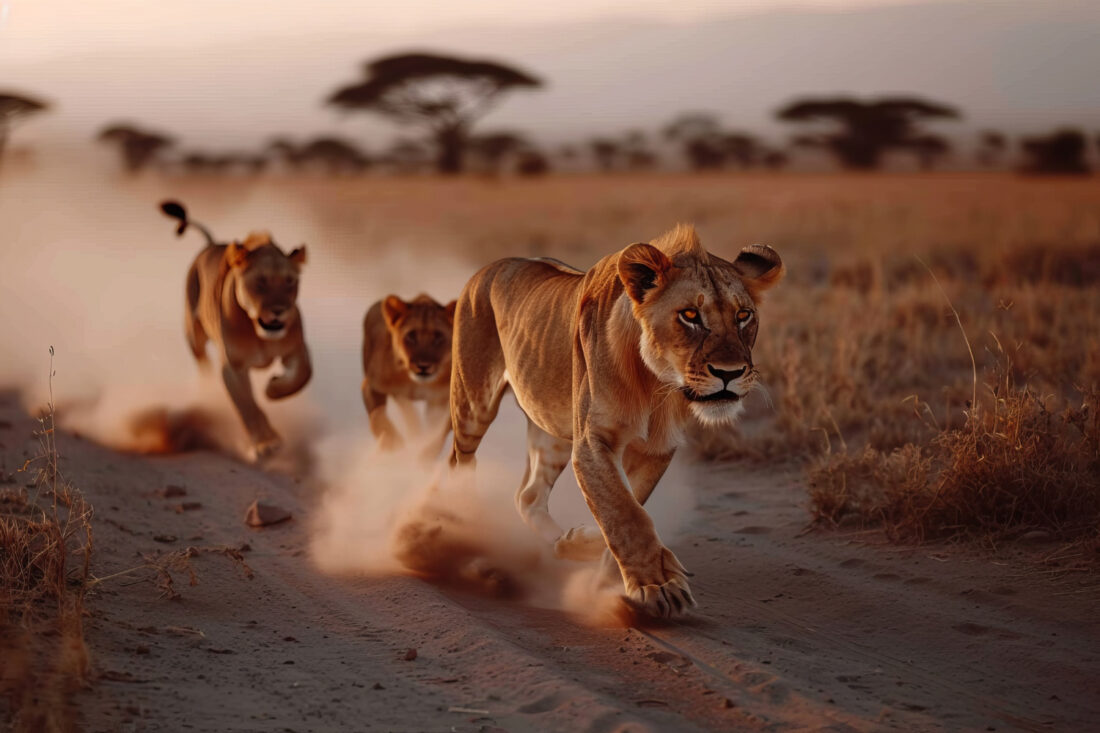Cultural African Safaris: Combining Wildlife and Local Traditions

Key Takeaways:
- Learn about the unique experience of combining wildlife safaris with local cultural traditions in Africa.
- Explore various destinations that offer a blend of wildlife viewing and cultural immersion.
- Discover tips for making the most out of your cultural African safari.
Table of Contents:
- Introduction
- Kenya Safari: Wildlife and Maasai Traditions
- The South African Experience: From Safari to Township Tours
- Namibian Adventures: Desert Safaris and Indigenous Cultures
- Tanzania Safari: The Serengeti and Local Tribes
- Food and Crafts: A Taste of African Culture
- Conclusion
Introduction
African safaris are renowned for offering some of the best wildlife viewing experiences in the world. But what if you could combine the thrill of spotting the Big Five with a rich cultural immersion? Cultural African safaris provide an extraordinary opportunity to connect with wildlife while delving into local communities’ age-old traditions and ways of life. Africa’s diverse cultures and stunning landscapes, from Kenya to Namibia, offer travelers a unique blend of adventure and education.
Kenya Safari: Wildlife and Maasai Traditions
A Kenya safari is a prime example of how wildlife and culture can seamlessly integrate into a single travel experience. The Maasai Mara National Reserve, renowned for its abundant wildlife, also offers visitors a chance to engage with the Maasai people. The Maasai are an indigenous ethnic group known for their vibrant clothing, beadwork, and strong warrior traditions.
During a safari in Kenya, you can expect to witness majestic lions, elephants, and zebras roaming the savannah. Alongside these breathtaking wildlife encounters, local Maasai guides can take you on village tours where you can learn about their customs and traditional dances and even partake in a traditional meal. This blend of natural beauty and cultural richness makes a Kenyan safari an unforgettable experience.
The South African Experience: From Safari to Township Tours
South Africa offers a diverse range of activities that cater to both wildlife enthusiasts and cultural explorers. Kruger National Park, one of Africa’s largest game reserves, is a haven for spotting the Big Five. The park’s diverse ecosystem includes savannah, forest, and riverine landscapes, providing a habitat for various animals.
In addition to the traditional safari experience, travelers can take township tours to understand the local culture and history. For example, visiting Soweto, a township outside Johannesburg, gives visitors insight into the lives of its residents, the history of apartheid, and the vibrant community spirit that prevails today. These township visits are often guided by locals who share personal stories and experiences, making the tour deeply impactful and memorable.
Namibian Adventures: Desert Safaris and Indigenous Cultures
Namibia is a destination that offers both dramatic landscapes and rich cultural experiences. The Namib Desert, with its towering dunes, is a sight to behold and provides excellent opportunities for adventurous activities like dune bashing and hot air ballooning. The Etosha National Park, another highlight of Namibia, is known for its salt pan that draws large herds of wildlife.
While Namibia’s natural beauty is awe-inspiring, its cultural aspect is equally compelling. The Himba people, one of Namibia’s indigenous tribes, have managed to preserve their traditional way of life despite modern influences. Visiting a Himba village offers a rare glimpse into their customs, including their unique hairstyles, jewelry, and traditional ceremonies. These enriching cultural interactions provide a deeper understanding of Namibia’s diverse heritage.
Tanzania Safari: The Serengeti and Local Tribes
Tanzania is another African destination where wildlife and culture blend seamlessly. The Serengeti National Park is world-famous for its annual migration of over a million wildebeest and thousands of zebras. The spectacle of these animals moving across the plains for fresh grazing is a must-see for wildlife enthusiasts.
In addition to the wildlife spectacle, Tanzania offers cultural experiences with local tribes, such as the Hadzabe and Datoga. These tribes have inhabited the region for centuries and have unique traditions and ways of life. Visitors can participate in daily activities like hunting, gathering, and traditional crafts by visiting their communities. These encounters provide a rare opportunity to step back in time and experience a way of life that has remained essentially unchanged.
Food and Crafts: A Taste of African Culture
A cultural African safari would only be complete with experiencing the local cuisine and crafts. African food is as diverse as its cultures and offers myriad flavors and textures. Whether nyama choma (grilled meat) in Kenya or braaivleis (barbecue) in South Africa, the culinary journey is as exciting as the safari.
Local markets are also a treasure trove of handmade crafts, from beadwork and pottery to textiles and masks. These beautiful crafts tell stories of the artisans’ heritage and traditions. Purchasing a locally made souvenir is not just a way to remember your trip but also a means to support local communities.
Conclusion
Cultural African safaris offer a unique blend of wildlife viewing and cultural immersion, providing travelers with a richer, more holistic travel experience. From the vibrant traditions of the Maasai in Kenya to the Indigenous communities in Namibia, these safaris go beyond the typical wildlife adventure to include meaningful cultural exchanges. By choosing a cultural safari, you not only enjoy the breathtaking natural beauty of Africa but also gain a deeper understanding and appreciation of its diverse cultures.
Whether it’s a Kenya safari or exploring the vibrant history and traditions of tribes in Tanzania, cultural African safaris are sure to leave a lasting impression and foster a deeper connection to this amazing continent.









